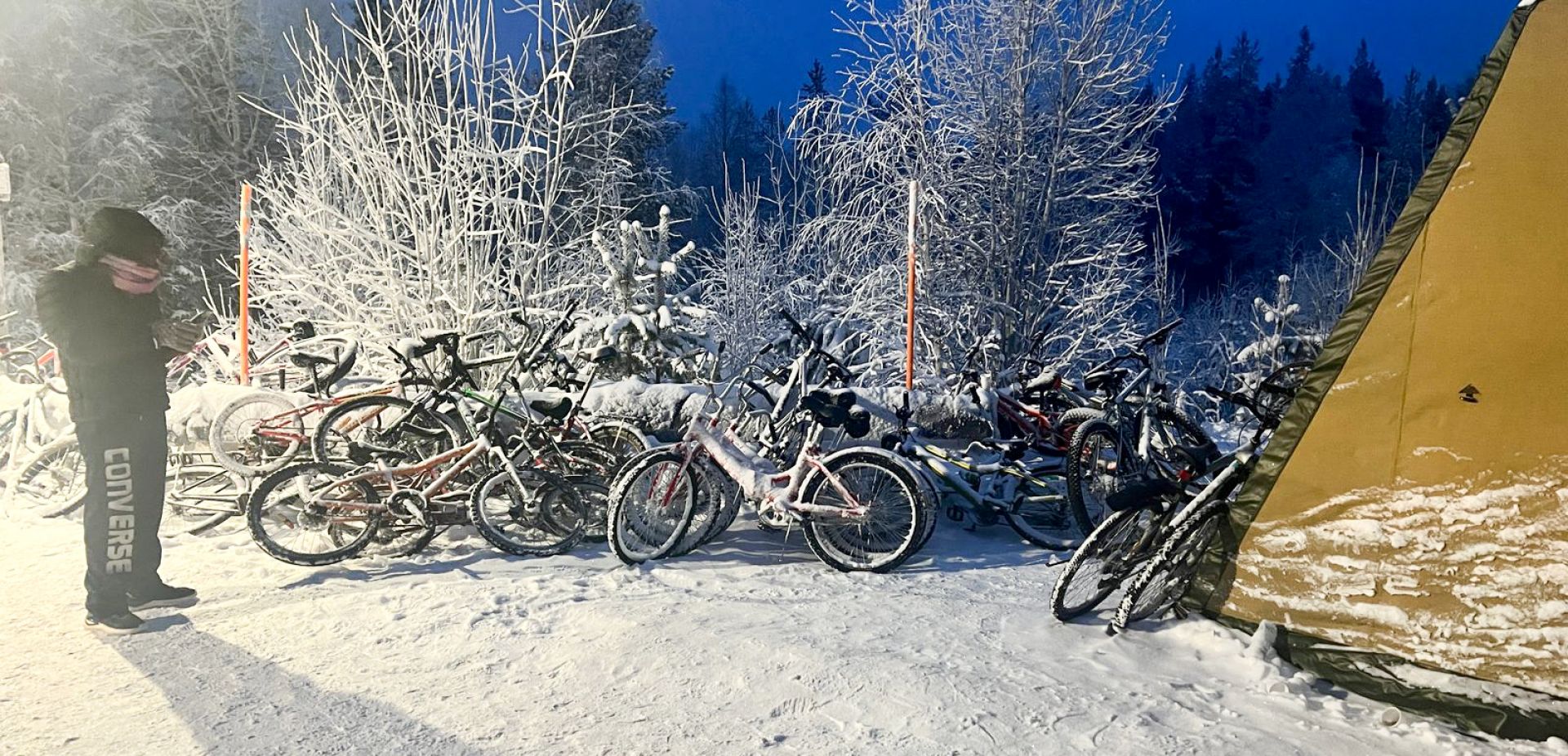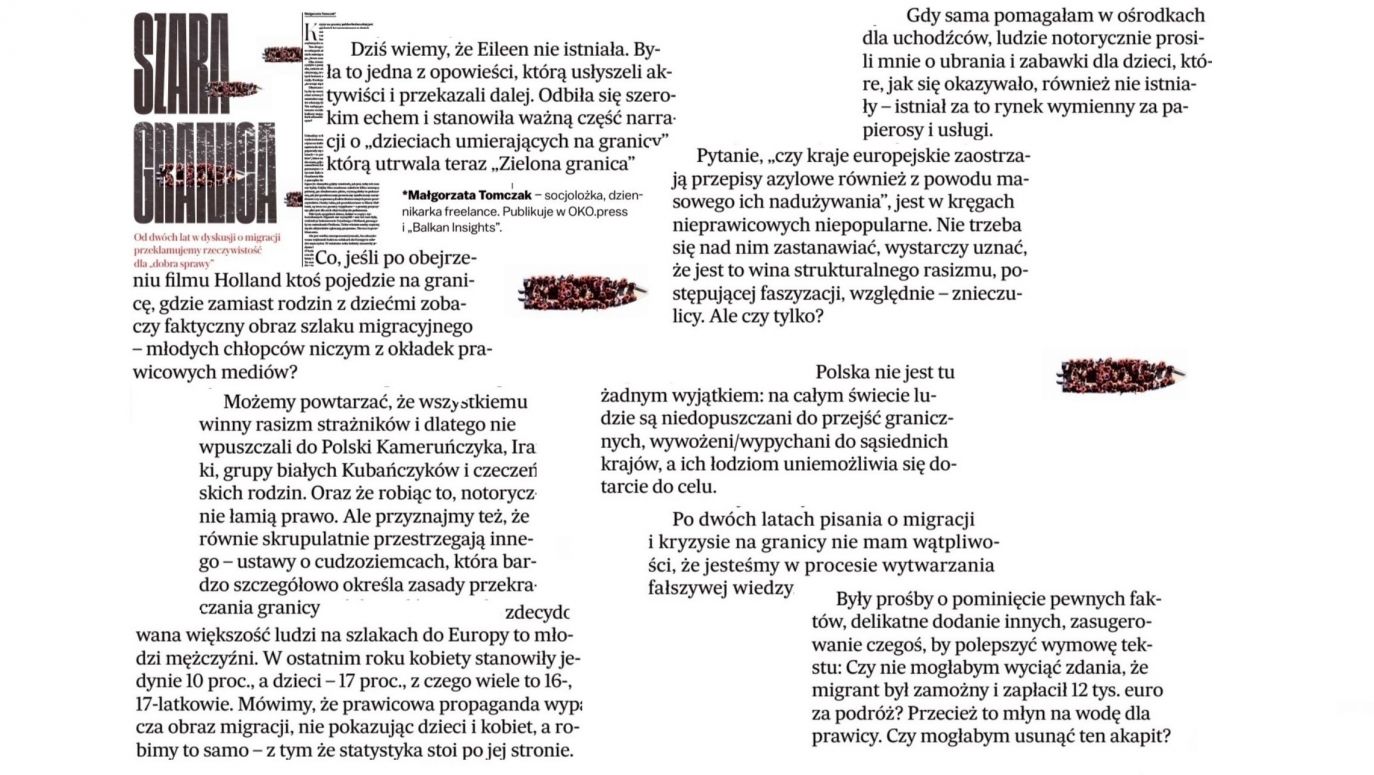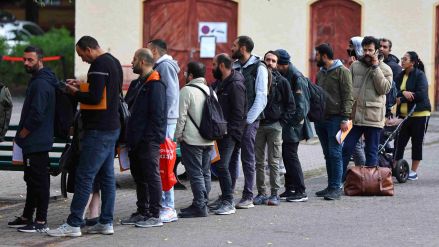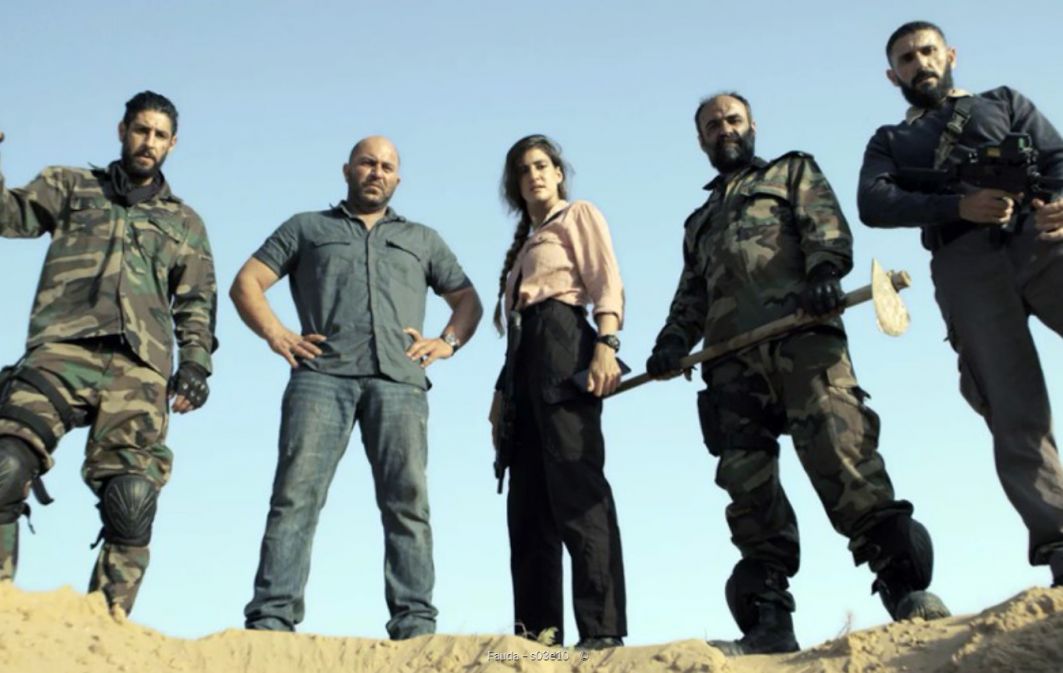"Towards the Lake" is a catastrophy story about an epidemic caused when an unknown, deadly lung disease breaks out in Russia. Faced with this threat, a group of people -- residents of Moscow and the surrounding area – set off north, towards Karelia, looking for a place of safety.
Work on the first season of the series began in 2018, before the outbreak of the COVID-19 pandemic. Therefore, "Towards the Lake" can be interpreted as a plague prophecy. In the second season of the series, Finland separates itself from Russia with barbed wire and mines a strip of land along its borders to prevent refugees from the neighboring country from entering. However, in "Towards the Lake" these are not migrants from Asia and Africa sent by the Kremlin, but Russians seeking shelter from the epidemic and other disasters. The issue of European Union countries accepting refugees emerges as one of the themes of the series.
 SIGN UP TO OUR PAGE
SIGN UP TO OUR PAGE 
Reverting to the current situation -- Russia's action against Finland coincided with the storm of controversy that gripped Poland in the public debate over Małgorzata Tomczak's "Gazeta Wyborcza" article revealing that accounts of the dramatic events on the Polish-Belarusian border had been the subject of lies and manipulations. In her article, the author claims that activist circles she associated with (a group involved in helping migrants in Podlasie) had been seriously manipilating the actual facts for propaganda purposes against the right-wing Polish government.
One example involved the case of "little Eileen". As described in the article, she was "a four-year-old girl whose disappearance in the forest was reported to activists by her parents, who had been pushed back to Belarus." According to Tomczak: "All the media wrote about the case, the ombudsman intervened, and then the topic suddenly stopped. I returned to the posts and dozens of articles from those days: enormous outrage against the Polish services -- 'murderers' -- for their passivity and insufficient search for the child."
But what actually transpired? Well, "little Eileen" did not exist. She was the heroine of a legend spread by activists. Someone heard something about the four-year-old girl and circulated it to strengthen the message about "children dying at the border" and evil officers of the right-wing-ruled Polish state.


 SIGN UP TO OUR PAGE
SIGN UP TO OUR PAGE 





